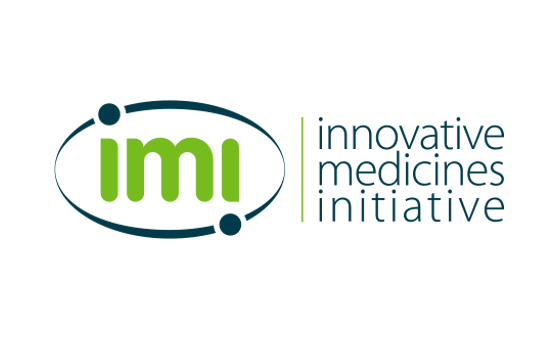 The Innovative Medicines Initiative (IMI) is creating a 'pool' of patient experts to strengthen the role and voice of patients in IMI activities at both strategic and operational levels. IMI has always involved patients in its work; now the plan is to take patient engagement at IMI to the next level.
The Innovative Medicines Initiative (IMI) is creating a 'pool' of patient experts to strengthen the role and voice of patients in IMI activities at both strategic and operational levels. IMI has always involved patients in its work; now the plan is to take patient engagement at IMI to the next level.
IMI has involved patients in its projects and activities since the very beginning - as project partners, as members of the IMI Scientific Committee, and as speakers in our events, for example. Now, IMI wants to enhance the involvement of patients in all activities, for example by inviting them to provide input on scientific strategies; review project proposals; and assess the results of ongoing and closed projects.
To facilitate this, IMI is establishing a pool of patient experts that is open to a wide range of patients (and family members and carers) with a chronic illness or condition that is linked to IMI’s Strategic Research Agenda. The conditions for being part of the pool are simple and people who are interested in getting involved can submit an expression of interest via the IMI website.
When registering their interest, patients will be asked about their knowledge and experience of medical research and drug development, among other things. Whenever IMI has a task or activity that would benefit from patient input, the IMI Programme Office will turn to the pool to find the patient(s) with the most relevant knowledge and experience. For all tasks, patients will act in their personal capacity.
IMI Executive Director Dr Pierre Meulien said: "Patient engagement has always been a priority for IMI, and I am convinced that patients can and should be actively involved as equal partners in medical research and innovation. I hope that this pool of patient experts will provide both patients with a channel to influence research into their disease or condition, and IMI with information that will allow us to deliver projects that are truly aligned with patients’ needs."
Benefits for patients of getting involved in this new initiative include the opportunity to influence IMI’s activities on both strategic and operational levels; work alongside experts from other sectors (academia, industry, regulatory, etc.); raise the profile of patients as equal partners in research in the IMI community and beyond; and learn first-hand about the latest research developments in their disease area.
More information on the criteria for inclusion in the pool, how to apply, and the kinds of tasks participants could expect to be involved in, can be found in via this web page.
Deadline for submitting expressions of interest: 16 July 2019 at 17:00 CEST (Central European Summer Time / Brussels time)
IMI will hold a webinar for people interested in joining the pool on Tuesday 18 June at 14:00 CEST. Registration is free but obligatory via this link.
About the Innovative Medicines Initiative
The Innovative Medicines Initiative (IMI) is working to improve health by speeding up the development of, and patient access to, the next generation of medicines, particularly in areas where there is an unmet medical or social need. It does this by facilitating collaboration between the key players involved in healthcare research, including universities, pharmaceutical companies, other companies active in healthcare research, small and medium-sized enterprises (SMEs), patient organisations, and medicines regulators. This approach has proven highly successful, and IMI projects are delivering exciting results that are helping to advance the development of urgently-needed new treatments in diverse areas.IMI is a partnership between the European Union and the European pharmaceutical industry, represented by the European Federation of Pharmaceutical Industries and Associations (EFPIA). Through the IMI2 programme, IMI has a budget of €3.3 billion for the period 2014-2020. Half of this comes from the EU’s research and innovation programme, Horizon 2020. The other half comes from large companies, mostly from the pharmaceutical sector; these do not receive any EU funding, but contribute to the projects 'in kind', for example by donating their researchers' time or providing access to research facilities or resources.